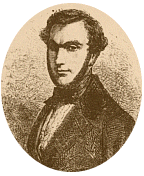
Albert Auguste Gabriel Hanotaux, known as Gabriel Hanotaux was a French statesman and historian.
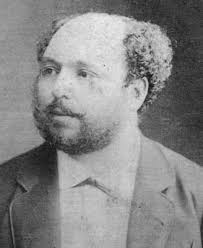
Louis Jacolliot was a French barrister, colonial judge, author and lecturer.

Joseph Méry was a French writer, journalist, novelist, poet, playwright and librettist.

Victor Margueritte was a French novelist. He was the younger brother of Paul Margueritte (1860–1918).

Élie Berthet was a French novelist.

Ernest Saint-Charles Cosson was a French botanist born in Paris.
Jean-Claude Labrecque, was a director and cinematographer who learned the basics of filmmaking at the National Film Board of Canada.
Jacques Dumas, better known as Marijac, was a French comics writer, artist, and editor.

Jules Verne (1828–1905) was a French novelist, poet, and playwright. Most famous for his novel sequence, the Voyages Extraordinaires, Verne also wrote assorted short stories, plays, miscellaneous novels, essays, and poetry. His works are notable for their profound influence on science fiction and on surrealism, their innovative use of modernist literary techniques such as self-reflexivity, and their complex combination of positivist and romantic ideologies.
Léon Guérin (1807–1885) was a French author, poet, and naval historian.

Emmanuelle Bouaziz is a French actress, dancer and singer.

Eugène Nyon was a French vaudevillist and writer, particularly known for his historical novels and educational stories for young people.
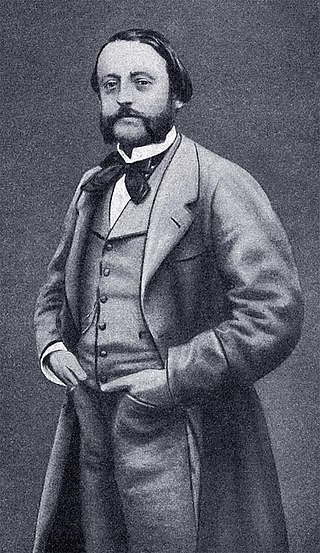
Amédée de Jallais was a 19th-century French playwright, operetta librettist and chansonnier.

Louis-Xavier Eyma was a 19th-century French journalist and writer, author, among others, of novels, travel books and theater plays.
The prix Broquette-Gonin was a former prize awarded by the Académie française.

Charles Albert d'Arnoux, known as Bertall or Tortu-Goth was a French illustrator, engraver, caricaturist, and early photographer.
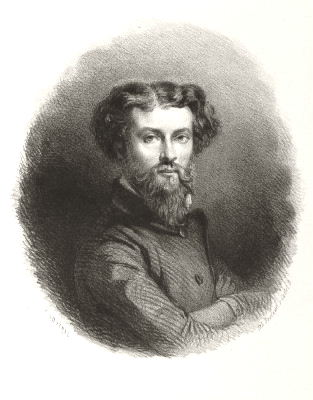
Louis Énault was a French journalist, novelist and translator. He sometimes used the pseudonym Louis de Vernon.
Jean-Jacques Antier, is a French journalist. He worked in for various publications such as Paris Normandie and Cols bleus. He authored a number of books on naval and maritime History. He also published a number of biographies, novels and spirituality books under the pseudonym Jean-Jacques.
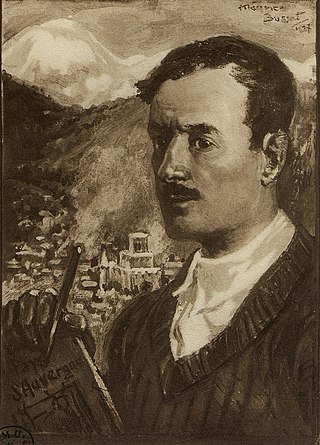
Maurice Busset was a French painter and woodcut engraver. During World War I he was an airman and an official war artist, and a significant number of his works relate to aviation during the war. His other main subject was his native Auvergne.
